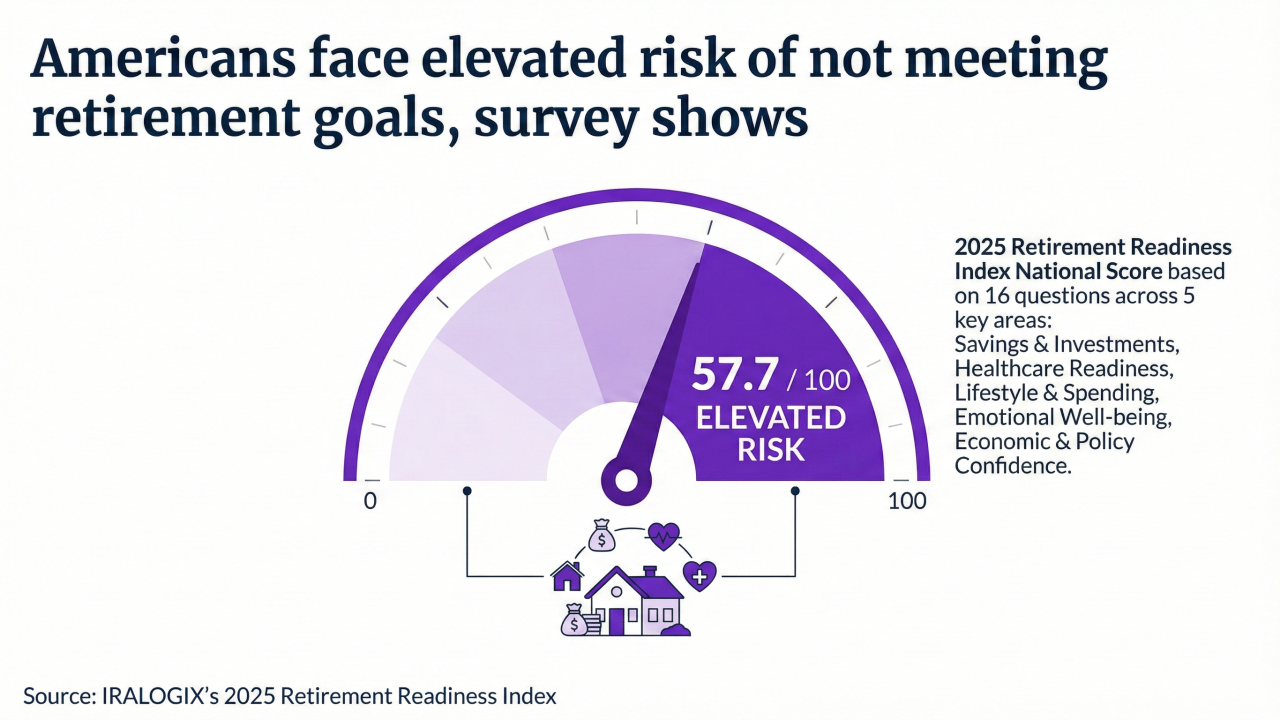Employees with high deductible health plans no longer have to pay off their deductible before insurance covers chronic disease medications. Now they can use their HSA dollars to pay for life saving treatments after new rules from the IRS and Treasury Department determined chronic disease medications qualify as preventive care under high deductible health plans.
The guidance, issued Wednesday, is a change insurance and benefit groups have long advocated for — as chronic illness continues to be the most expensive facet of employer-sponsored health plans, according to the Centers for Disease Control and Prevention. A study by the CDC shows full-time workers with chronic diseases cost employers $153 billion in lost productivity each year.
"Pre-existing, chronic conditions are debilitating for millions of Americans,” says James Klein, president of the American Benefits Council. “These conditions also represent an enormous drain on the economy through high health costs and reduced employee productivity. Modernizing HSAs to address chronic disease prevention is important to help tackle this problem."
The council has been lobbying the federal government to consider expanding the HSA's role in high deductible plans to cover these treatments for the past five years. Prior to the announcement, HSAs couldn’t be used to pay for any medications used to treat a pre-existing condition under high deductible health plans.

The decision to update the guidelines came on the heels of an executive order issued in June by President Trump with the goal of improving pricing and transparency in healthcare. The order prompted a re-evaluation of HDHP codes to find cost-saving solutions.
In the guidance, the agencies concluded that allowing chronically ill patients to use HSA dollars to pay for medication will save employers money. Forgoing these drugs can lead to more serious — and expensive — conditions. Consequences of not taking the medications approved for HSA spending include amputation, blindness, heart attacks and strokes. Some of the newly accepted medications are beta-blockers, inhaled corticosteroids and serotonin.
The Center for Value-Based Insurance Design at the University of Michigan says the change couldn’t come soon enough. For over a decade, the research group for healthcare and insurance has been advocating for the policy.
"As more and more Americans are facing high deductibles, they are struggling to pay for their essential medical care," says Dr. Mark Fendrick, director of the University of Michigan V-BID Center. "Our research has shown that this policy has the potential to lower out-of-pocket costs, reduce federal health care spending, and ultimately improve the health of millions diagnosed with chronic medical conditions."
Some of the chronic illnesses with HSA-approved medications include diabetes, asthma, hypertension, heart disease and depression. The agencies say they will evaluate the list every five to 10 years to, “determine whether additional services or items should be added or any should be removed from the list.”
The American Benefits Council believes this decision opens the door to further discussions on HSA and health plan reforms.
"We are pleased and proud that the Treasury Department is pursuing valuable guidance to increase the usefulness of [HSAs]," Klein says. “We remain committed to working with the administration and Congress to build on this guidance and make HSAs more flexible.”
This article has been updated to clarify the contents of the rule.





